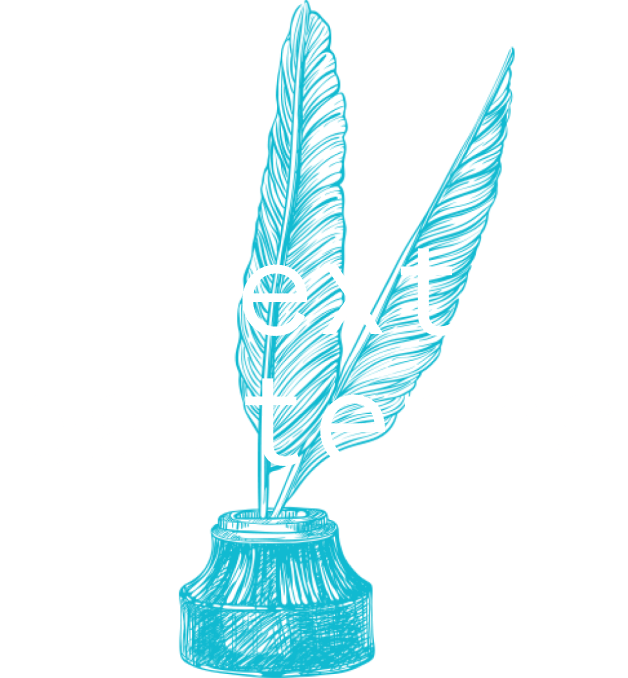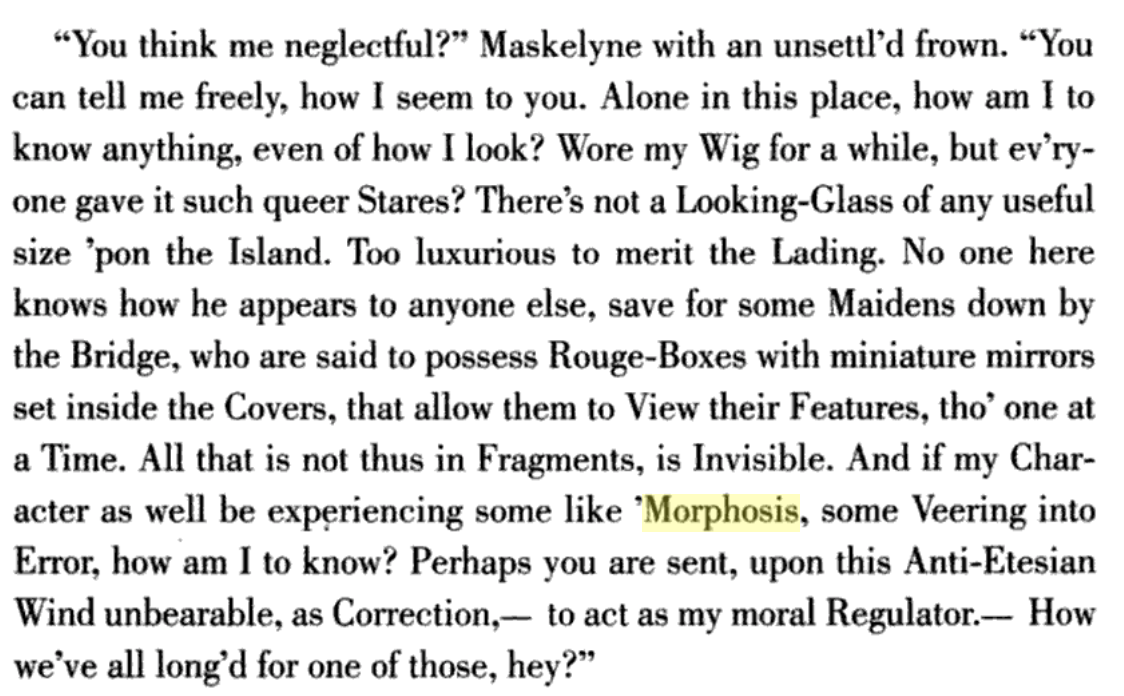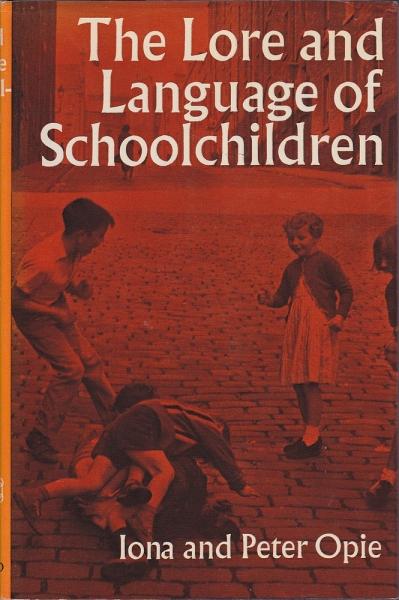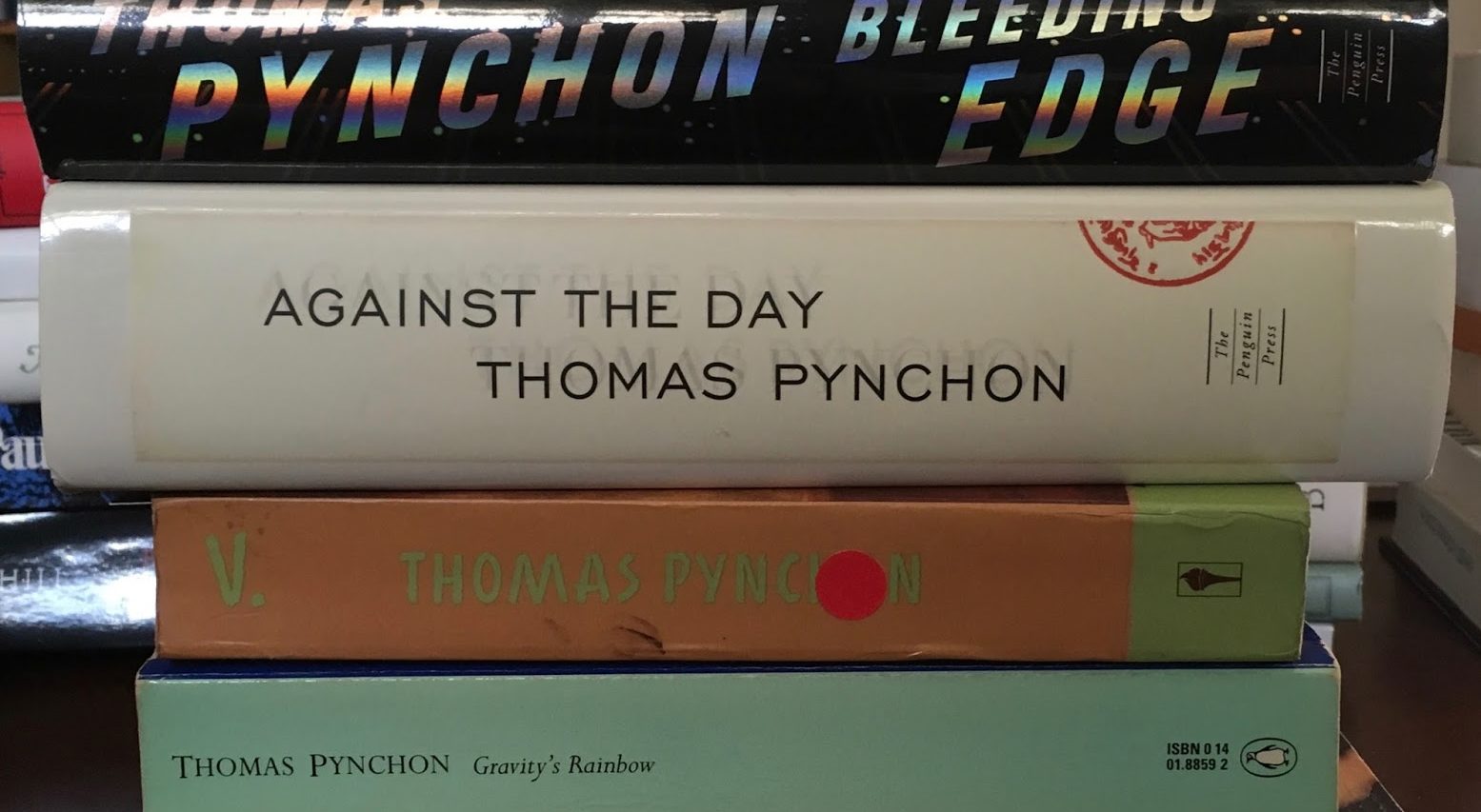January 12, 2017
fear and loathing in recent American history
It’s been said — I wish I knew who said it first — that fantasy is always about disenchantment, about the draining of magic from the world. Certainly disenchantment is one of Pynchon’s obsessions, and the fantastic elements of his stories tend to emphasize loss. There’s a moment late in Mason & Dixon, when our heroes are...




